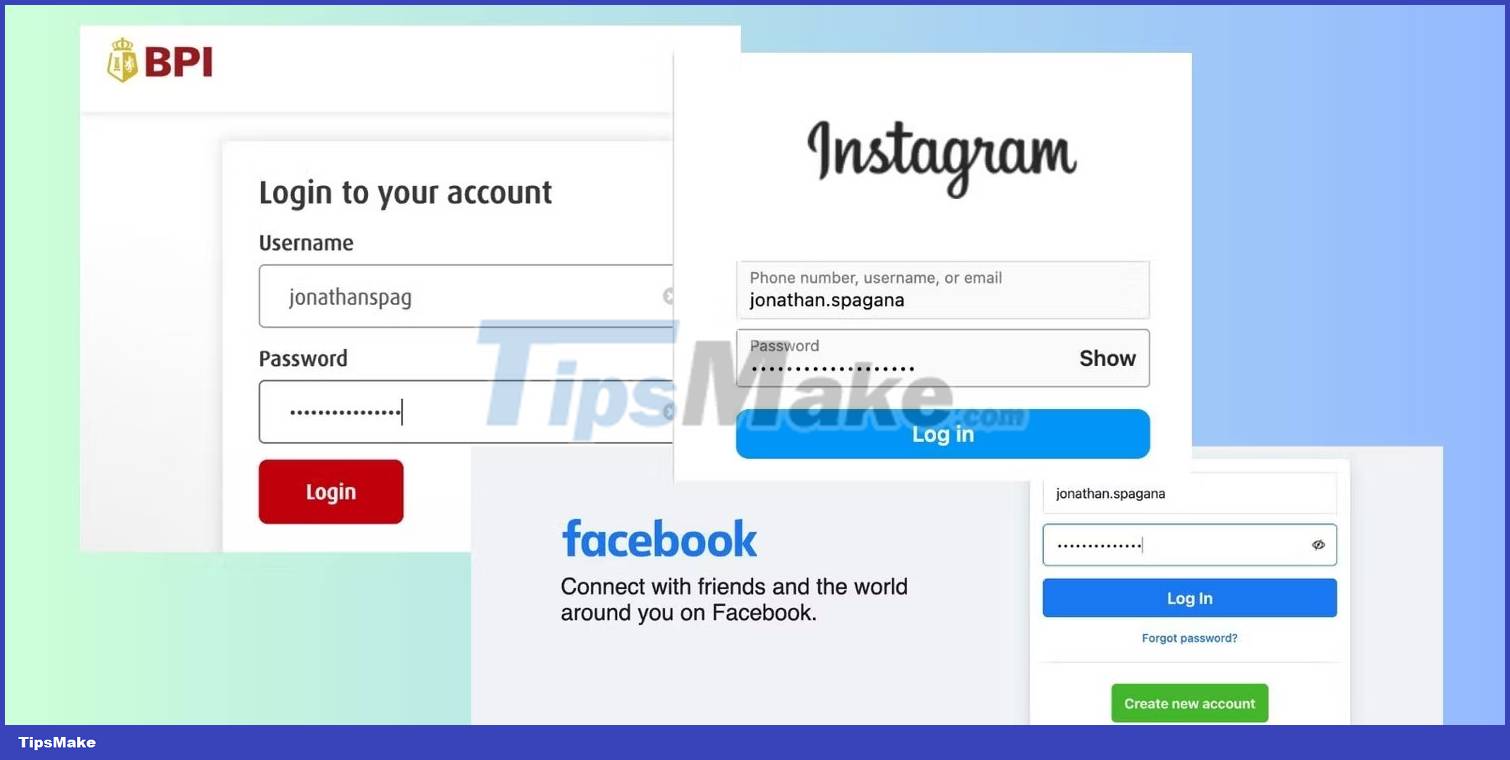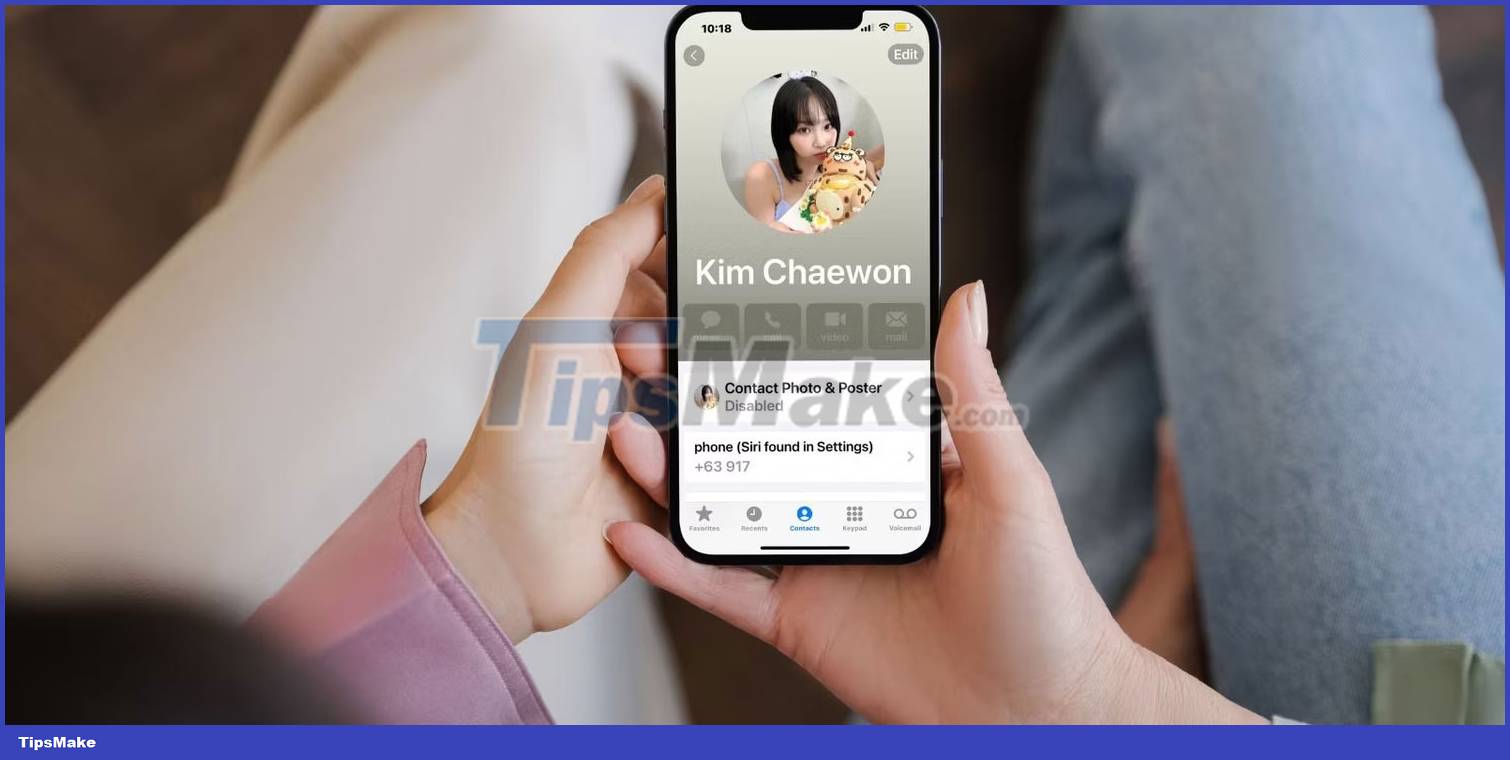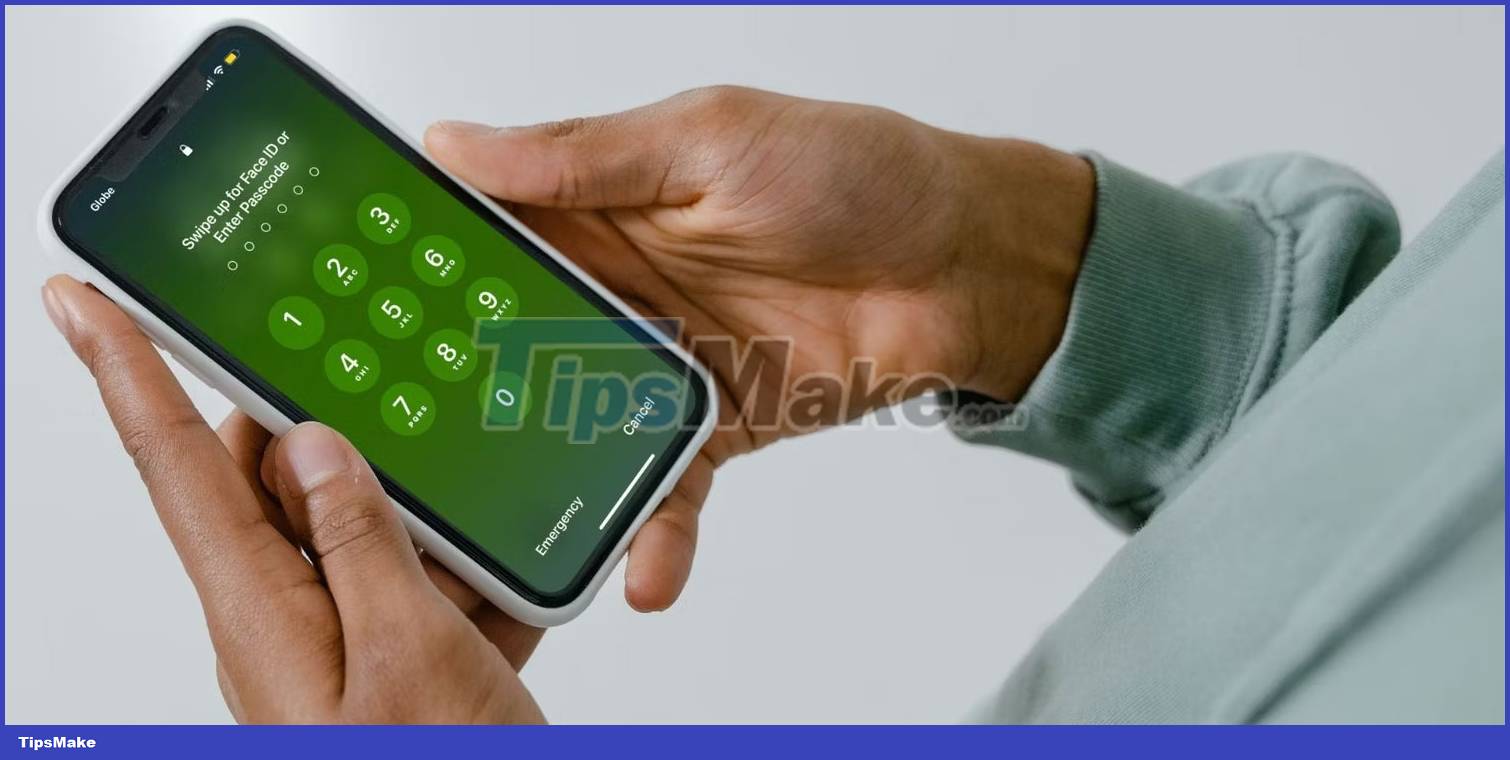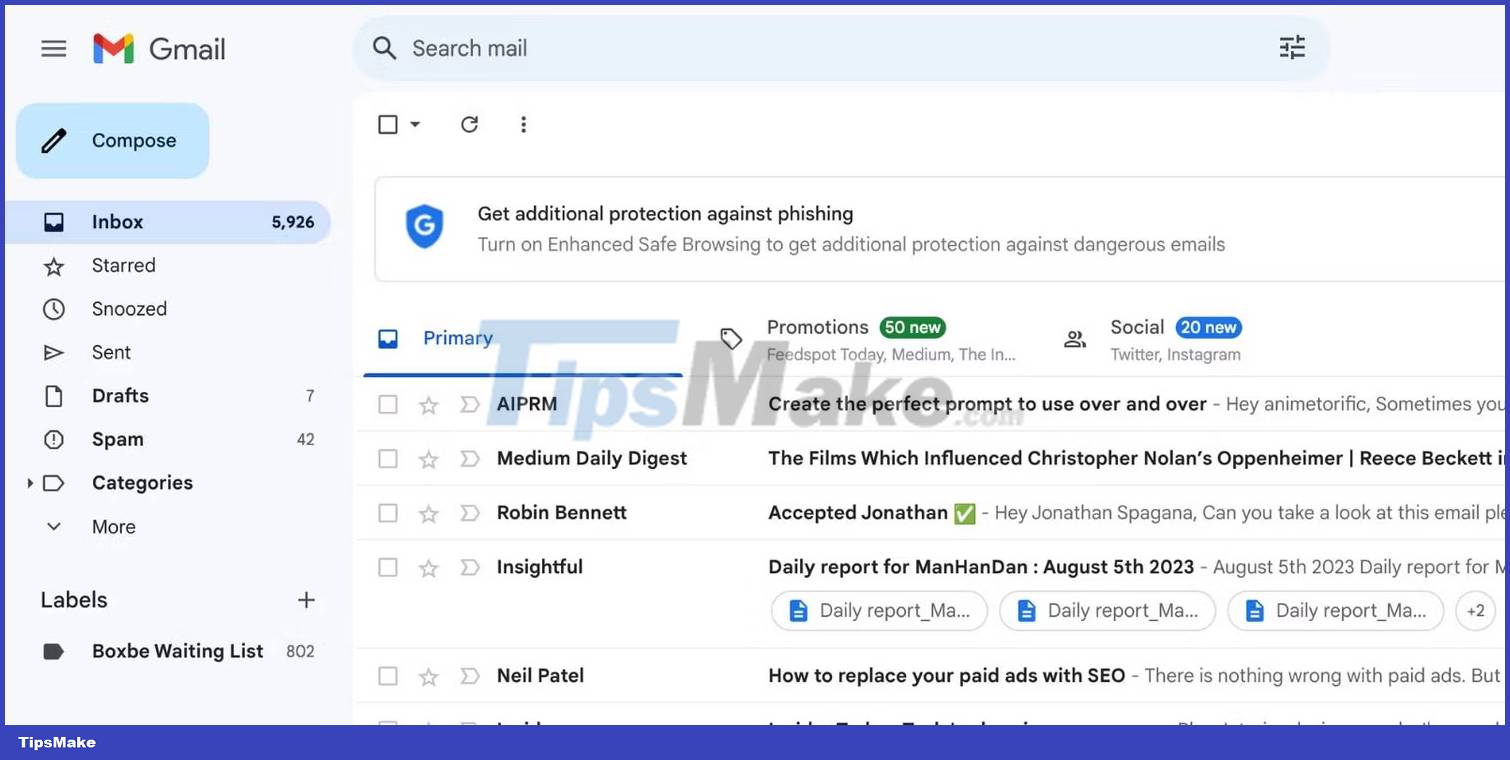10 things you should never store in your smartphone
It's easier than carrying around a lot of plastic and paper cards in a bulky wallet.
Although convenient, storing personal information on a smartphone is quite risky. Fraudsters can steal them through various cyber attacks, from NFC attacks to phishing links. You'll be vulnerable to fraud and identity theft if you don't remove these items from your device.
1. Master Password List

Keeping a list of key passwords creates a hole in your cybersecurity system. Losing access to it could cause a chain of security breaches. If your phone is hacked or stolen, the perpetrator will also have access to your email accounts, social media profiles, and banking apps.
But this doesn't mean you should replace complex passwords with short, easy-to-remember dictionaries. Strong credentials act as the first line of defense against hackers. Using the same weak passwords over and over to make them easier to remember is as bad as keeping a master list of passwords on your phone.
If you constantly forget your login information, invest in a secure password manager. They store all your username-password combinations in an encrypted vault - you only need to remember one master password.
2. Your home address
Get rid of files showing your home address. Fraudsters can use your address book, billing statements, and utility bills to track you down. It's an expensive mistake that endangers your family. You may receive written threats, be stalked, or even break into a living space.
Also, turn off location services on your phone. Some social networking apps publish your live location when you upload posts, share stories or simply go online. Take Telegram's People Nearby feature as an example. It notifies Telegram accounts with the same feature if you are within 2 km of their current location.
3. Contact numbers of loved ones under recognizable names

Stop storing contacts under recognizable names! Identity thieves can impersonate you by stealing your phone and sending alarm messages to all your loved ones. They will know who to target immediately.
Instead of labeling them as Mom, Dad, Husband, or BAE, use discreet labels like their first and last name. Doing so will prevent hackers from exploiting your relationships. Attacks that impersonate them are less likely to work if the bad guys don't know how you address your friends and loved ones.
4. Photo of identity card
You can use a photo of your government-issued ID to verify your identity in some casual and professional settings. Taking pictures of your identification and cards is much more convenient than carrying them with you on your trip. Likewise, they are useful in emergencies, such as sending information to the police or unexpected hospitalization.
Despite these advantages, storing government-issued IDs is still too risky. Identity thieves will not hesitate to exploit them for fraudulent activities. Depending on what information you reveal, bad guys can steal your tax returns, make loans in your name, or launder dirty money.
5. Login to your social media account

Leaving social media accounts logged in on smartphones is a serious security risk. Anyone can access them after unlocking your device. Whether a friend borrows your phone or a thief steals your phone, they can snoop behind your back.
The simplest approach is to sign out of your social media accounts. But if your work or personal work requires you to be online constantly, restrict the app's access with another layer of security. You can lock iPhone apps with Face ID or Touch ID and set a password on Android apps.
6. Bank account number and PIN
Never store your bank account number and PIN in your smartphone, especially if you use it for mobile banking. Listing these codes will create a weak link in your financial applications. Just like with your passwords, it's a good idea to remember them or use a secure password manager.
Be extra careful with your device if you use mobile banking apps. Fraudsters attack victims with spam emails and phishing pages impersonating their card-issuing bank - remember: Enter your credentials only on verified platforms.
7. Fingerprint scanning and facial recognition

Fingerprint and face scanning technology is not perfect. While they allow you to unlock your device faster, they are also vulnerable to various hacking tricks. You should use a password that contains both text and numbers for security. Run your password combinations through the password strength testing tool. Ideally put a long alphanumeric string or custom code.
8. Private photos and videos
Delete your sensitive photos or lock them in password protected folders. Storing them carelessly in your photo gallery leaves you vulnerable to blackmail. Do not hesitate to contact the authorities if you find yourself in this situation.
9. Secure Email and Messaging

Most people don't realize how much sensitive data is in their messages. Criminals can chain a variety of information from your instant messaging apps, text messages, and emails to carry out phishing attacks.
So organize your inbox more often to prevent crooks from exploiting your private messages. Hoarding conversations for years on your phone is an unnecessary risk - make it a habit to delete the ones you don't need.
Watch out for other email security mistakes people make unconsciously, such as using simple passwords and setting up an MFA account on just one device.
10. Sensitive documents and paperwork
Many people unknowingly save documents with sensitive personally identifiable information on their devices. Take tax returns as an example. Taxpayers who always file their taxes online can keep their IRS forms, SSS numbers and employer details on their smartphones. Pretty handy, but imagine how much damage identity thieves can do with this information.
And this routine extends to other official documents. People tend to forget their old files, including those containing confidential personal, medical and professional data. Some even leave them in forgotten digital storage systems.
Start getting rid of all the different digital clutter in your phone. Permanently delete confidential files when you no longer need them and run your old storage devices through a digital file shredder.